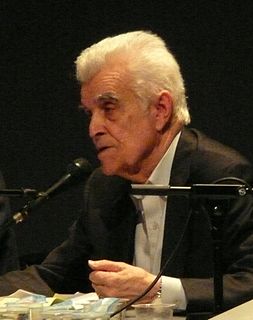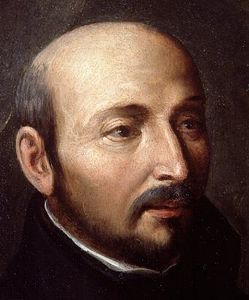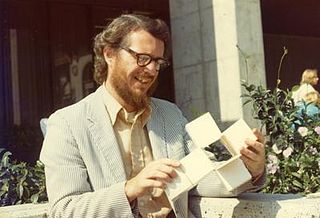A Quote by Juvenal
When did reason ever direct our desires or our fears?
Related Quotes
We can trace back our existence almost to a point. Former time presents us with trains of thoughts gradually diminishing to nothing. But our ideas of futurity are perpetually expanding. Our desires and our hopes, even when modified by our fears, seem to grasp at immensity. This alone would be sufficient to prove the progressiveness of our nature, and that this little earth is but a point from which we start toward a perfection of being.
The benefits [of the resurrection] are innumerable. To list a few: Our illnesses don't seem nearly so final; Our fears fade and lose their grip; Our grief over those who have gone on is diminished; Our desires to press on in spite of the obstacles is rejuvenated... Our identity as Christians is strengthened as we stand in the lengthening shadows of saints down through the centuries, who have always answered back in antiphonal voice: 'He is risen, indeed!'
Prayer is the offering up of our desires to God in the name of Christ, for such things as are agreeable to his will. It is an offering of our desires. Desires are the soul and life of prayer; words are but the body; now as the body without the soul is dead, so are prayers unless they are animated with our desires.
Why is fear part of earth life? Perhaps our Heavenly Father’s greatest hope is that through our fears we may choose to turn to Him. The uncertainties of earth life can help to remind each of us that we are dependent on Him. But that reminder is not automatic. It involves our agency. We must choose to take our fears to Him, choose to trust Him, and choose to allow Him to direct us. We must make these choices when what we feel most inclined to do is to rely more and more on our own frantic and often distorted thinking.
The purpose of spiritual life is not to create some special state of mind. A state of mind is always temporary. The purpose is to work directly with the most primary elements of our body and our mind, to see the ways we get trapped by our fears, desires, and anger, to learn directly our capacity for freedom.







































